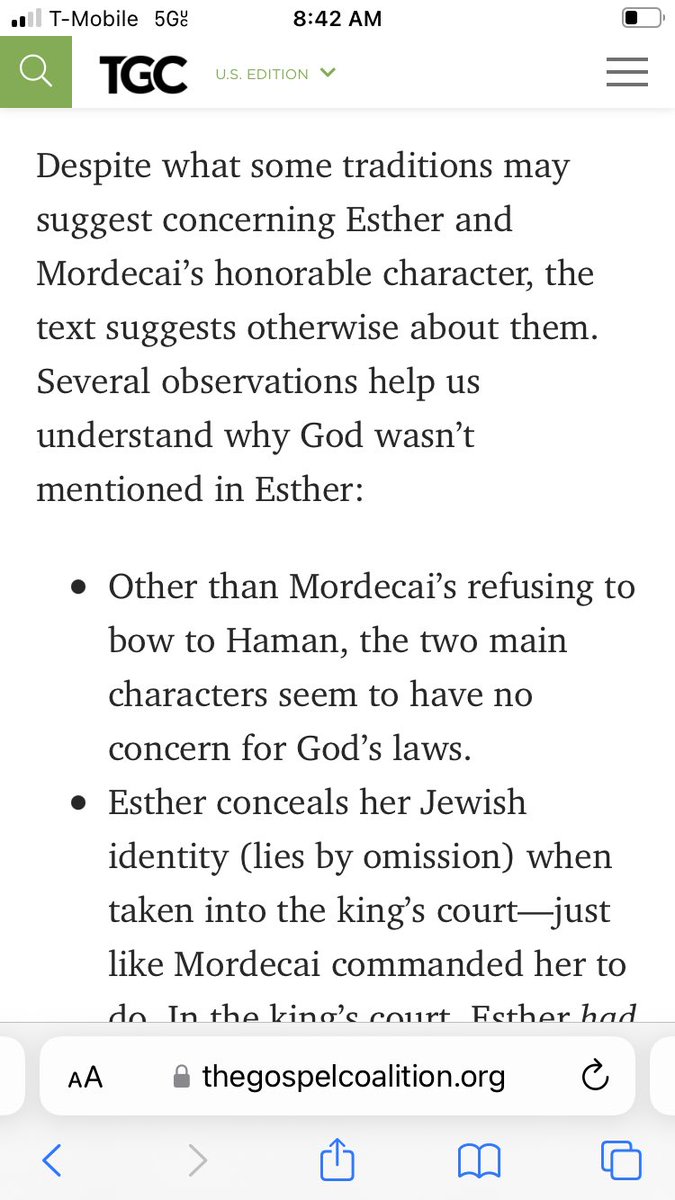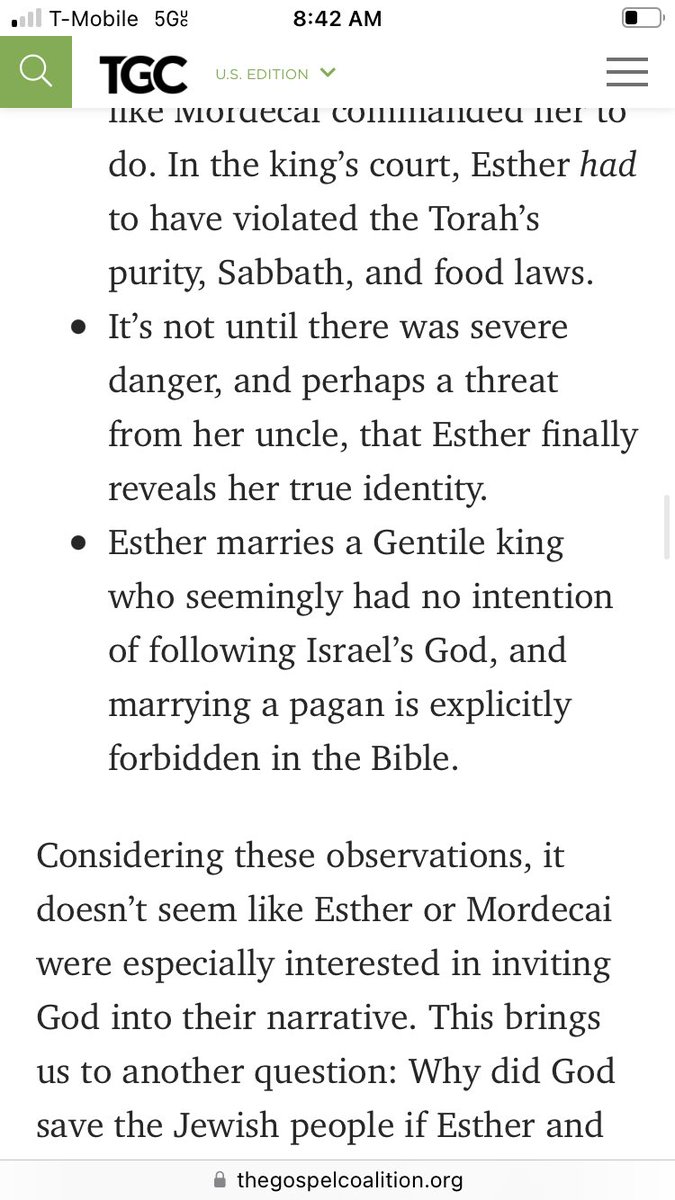
I haven't been on twitter long enough to know if Joseph's story gets rehashed as much a Bathsheba's, but it's another one that spotlights the assumptions about consent/abuse brought to the text.
Thinking about this in wakeful hours, thanks DST, so a 🧵& invite to conversation
Thinking about this in wakeful hours, thanks DST, so a 🧵& invite to conversation
Joseph's rejection of Potiphar's wife is most often preached as example of young man "fleeing temptation." Is that what's going on? Does text indicate Joesph himself desires Potiphar's wife in some way? What do you think?
Joseph declares Potiphar's wife's coercion attempts to be undesirable, a betrayal of Potiphar's trust, wicked, & a sin against God. Naming this merely "a temptation" assumes instead that young men are tempted by any sexual opportunity.
Some things we know: Joseph was enslaved around age 17, served in Potiphar's household, gets thrown into prison & released at age 30. We don't know how long he's in prison, but apocryphal literature says 12 years.
He's likely late teens when he's a slave in Potiphar's household & Potiphar's wife decides she wants him sexually. While Joseph would've been considered a man by ANE standards, my point here is we read (& preach) teenage boy + married woman and think "temptation not assault"
This is a low view of young men & an ignorant view of the dynamics of sexual abuse against young men.
I appreciate how this important 🧵from @KyleJamesHoward spotlights the destructive nature of our assumptions & misconceptions about women abusing boys.
I appreciate how this important 🧵from @KyleJamesHoward spotlights the destructive nature of our assumptions & misconceptions about women abusing boys.
https://twitter.com/KyleJamesHoward/status/1543281651928731649?s=20
Additionally, we ignore the ways Potiphar's wife lies to get ahead of the narrative. "He tried to sleep with me," she says. "He grabbed me. I screamed." It's interesting that her lie says Joseph intended to "make sport of me" when that's exactly what she's been doing.
This vs. reveals common tactics still used by abusers who hold power over their victims: DARVO, get ahead of the narrative, projection, blame the victim...lies.
Some point to this text as a foil for #metoo & to suggest the real danger here is false allegations.
Some point to this text as a foil for #metoo & to suggest the real danger here is false allegations.
Ofc false allegations occur, but it's anachronistic to imagine that Potiphar's wife is believed in the ANE b/c she is a woman, rather than b/c of her status as Potiphar's wife, a title that also underscores that ANE women are known primarily by belonging to husbands/fathers.
Suggesting this is about false allegations, like saying this is about resisting temptation, is forcing the text to say something other than it's plain reading: an accounting of the afflictions & injustices Joseph endured, as explained by Joseph himself in Gen 50:20
Sometimes ppl also point to Joseph as example of what Bathsheba should've done. She should have gone to prison or died rather than "give in!" Look at Joseph!
This imagines that Joseph or Bathsheba, or any victim of assault/abuse, as an A-or-B choice, that they have any agency.
This imagines that Joseph or Bathsheba, or any victim of assault/abuse, as an A-or-B choice, that they have any agency.
Joseph wasn't offered prison. He was repeatedly coerced, strategically targeted (she isolates him) by his powerful master's wife, assaulted, and then he ran.
It just so happens that, as a well-built man, he was physically able to escape his assailant...& then was imprisoned.
It just so happens that, as a well-built man, he was physically able to escape his assailant...& then was imprisoned.
I've heard this passage preached as it's often depicted in sacred art, as if Joseph was desirous of Potiphar's wife, so close to succumbing, & fled at the last minute.
That's a possibility, but there are no textual or literary details that indicate anything like mutual desire
That's a possibility, but there are no textual or literary details that indicate anything like mutual desire
I suggest that's a result of our fantasy-saturated culture, but maybe others have ideas about why we prefer that reading? I wonder if it's easier for us to reckon w/a trope of women-as-seductress rather than name the painful vulnerability of male victims of assault/abuse?
Also, even if Joseph did experience desire, categorizing that solely as "temptation" w/out discussion of coercion ignores the painful & confusing reality named by many abuse victims - the shame & betrayal they feel by the body's response to unwanted advances.
I think we do Joseph & every abuse survivor a disservice to ignore the coercion & assault.
In Acts 7, Stephen says that God delivered Joseph from all his afflictions; I think this is one of them.
Anyway, curious to know how others see this. What do you think? /End
In Acts 7, Stephen says that God delivered Joseph from all his afflictions; I think this is one of them.
Anyway, curious to know how others see this. What do you think? /End
• • •
Missing some Tweet in this thread? You can try to
force a refresh






